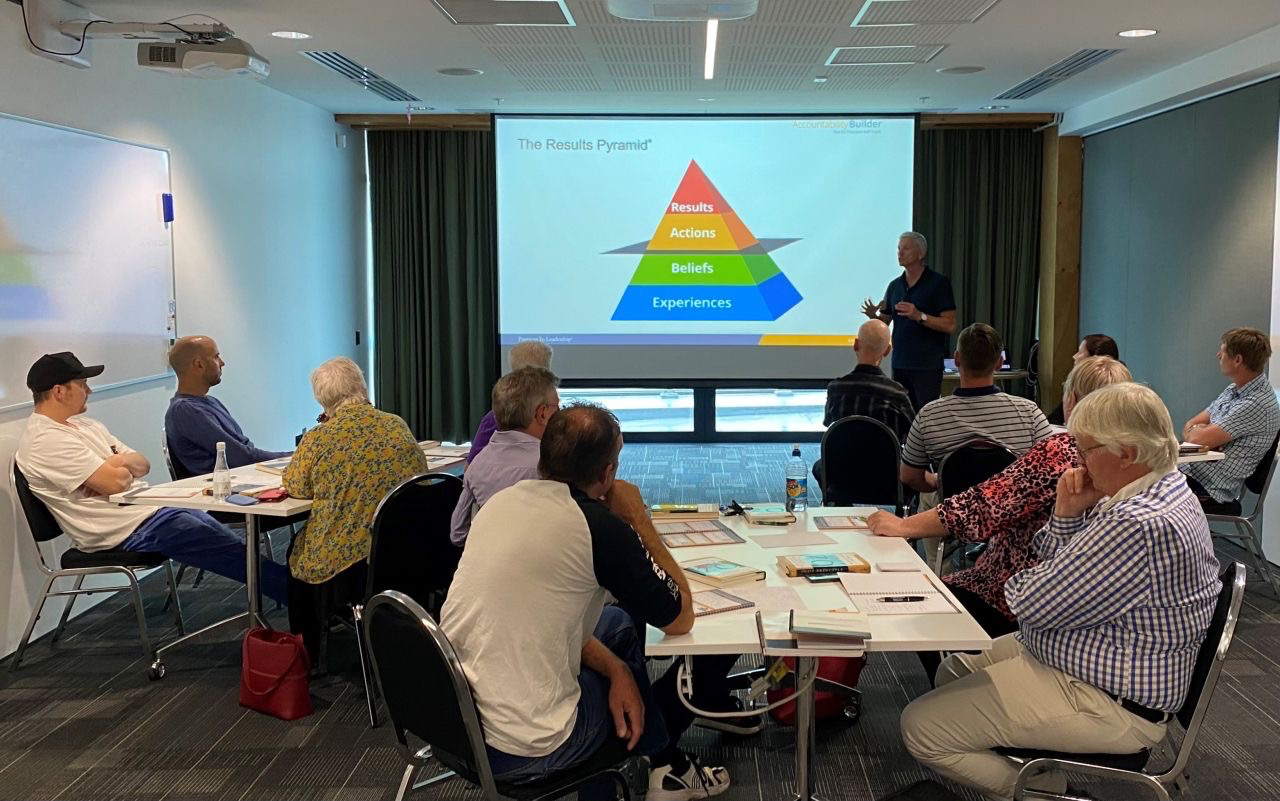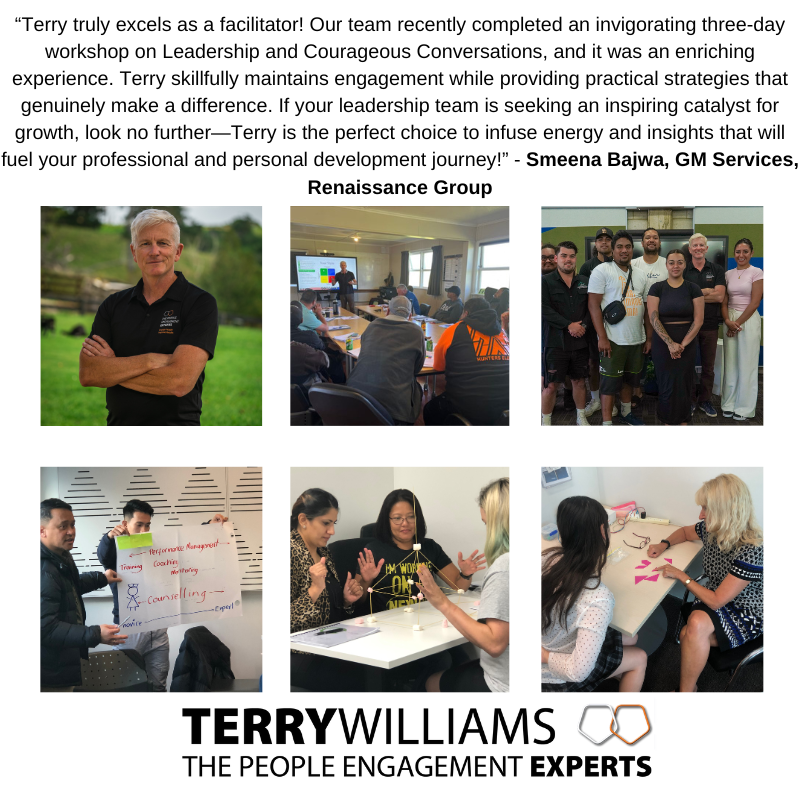Leadership Development

OUTCOMES
- Understand the role of a leader, their traits, how are they different to a manager
- Take on 5 techniques to engage people
- Look beyond the common leadership stereotypes
- Learn how your personality traits interact with your leadership styles
- Understand what Leading with Emotional Intelligence (EI) is and choosing the best approach
- Understand and apply Situational Leadership
- Building Trust
- Increase the performance of your team through developing team spirit
- Leading with passion and empower others to act by using rapport building techniques
- Use creative problem-solving & decision-making methods
- Improve your coaching and mentoring skills
- Give feedback to inspire greater performance with engagement and buy-in
- Identify and apply strategies to manage underperforming members of the team
You’ll see a variety of learning strategies: cooperative / collaborative, constructive, experiential, Socratic, accelerated learning. Participants will experience rotation of paired / small group work, the creation or completion of partial existing content to adapt it to their own situations, the tactical use of purposeful questions to guide people to self-discovery rather than just telling, intermittent problem-solving team-based challenges, a welcoming learning environment that gets the learners and their brains ready to learn.
As part of addressing ever-diverse groups, as well as being generally wise principles of learning, I also draw on principles from the field of Maori education:
- Ako (Learners also learn when they teach others)
- Poutama (Like a ladder, learning needs to climb on previous learning)
- Te Whare Tapa Wha (The learner’s needs need to be met across multiple dimensions: physical, mental, emotional, social)
- Tuakana Teina (‘buddy system’)
People are different and some topics lend themselves to being best delivered by particular styles. Therefore, what you get is variety, and a professional, experienced facilitator able to take examples and scenarios from the real-world of the participants and workshop them together in real-time, as opposed to didactic linear delivery of generic content. These methods ensure a productive, effective, and efficient balance between the delivery of academic content, and a practical and relevant session that is engaging, memorable, and interactive.
 Call me
Call me Email Me
Email Me

